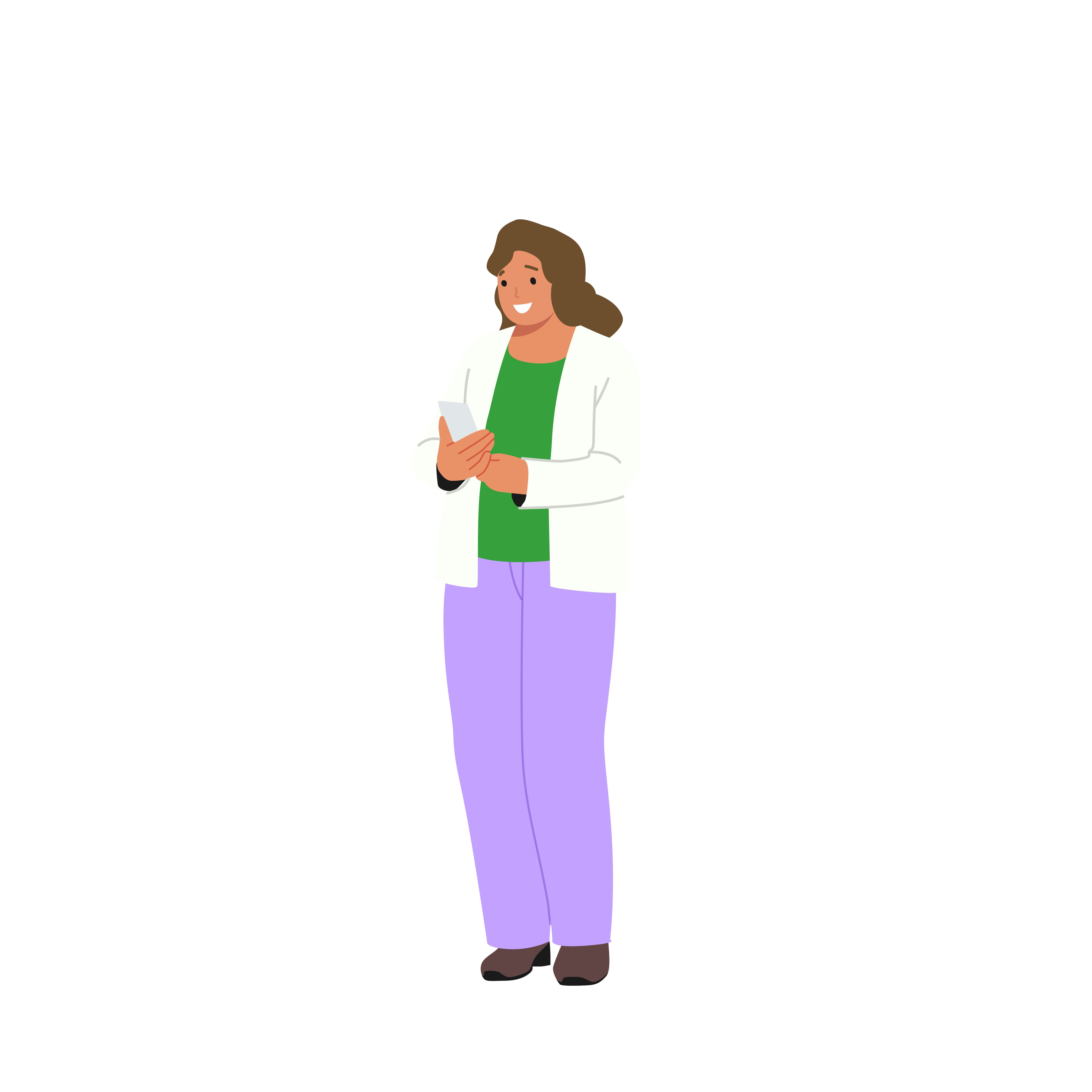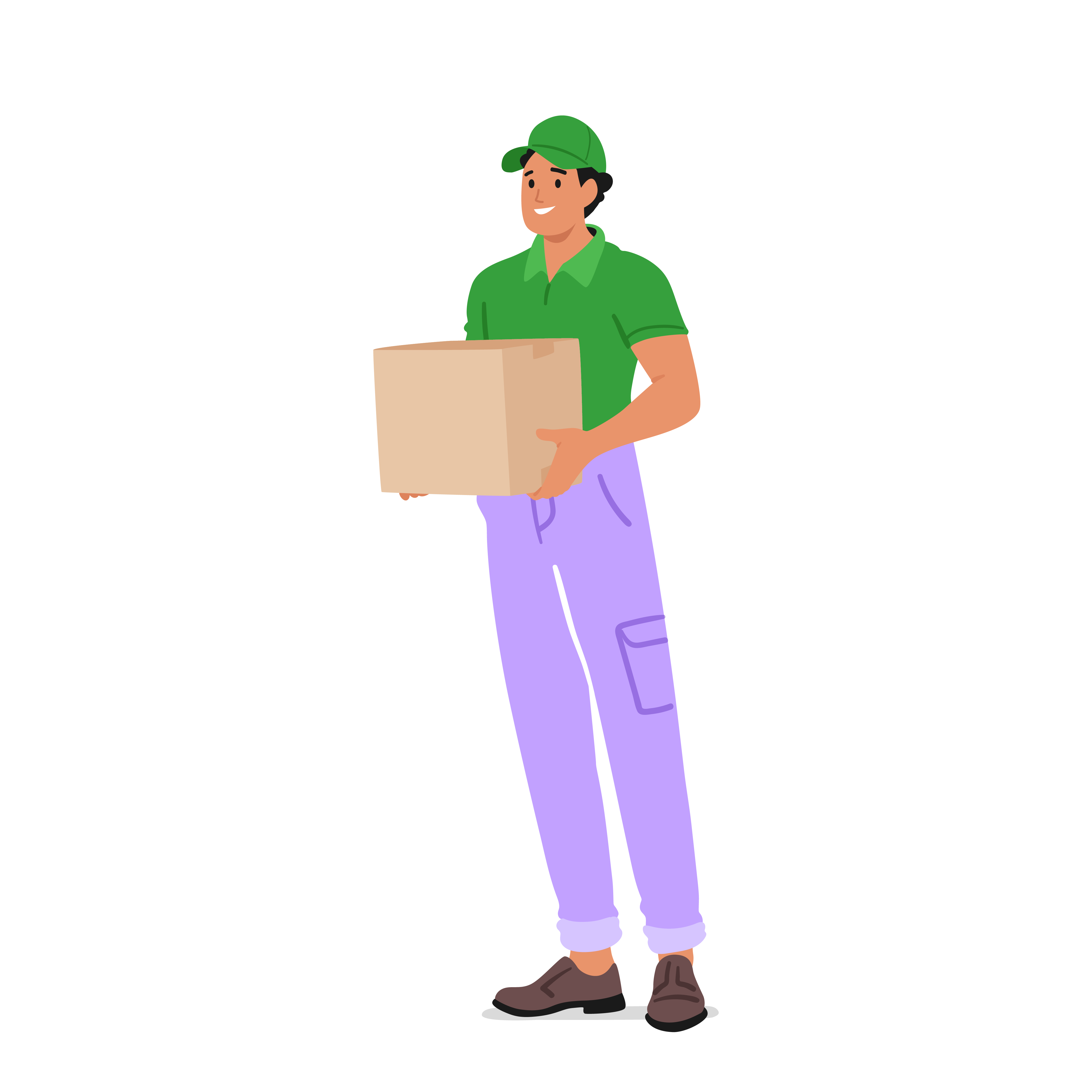- Home
- Chronic Conditions
- Incontinence Treatment
Incontinence Treatment
Incontinence is a condition where urine is passed unintentionally. It’s a quite common condition which mainly affects elderly women and women who have given birth. The urination can be triggered by several things including laughing, sneezing or any sudden movements.
As well as completing pelvic floor exercises, maintaining a healthy weight and cutting down on alcohol, there are a number of treatments from PharmXtra which can provide effective results.
More Information
What is incontinence?
Incontinence is a condition characterised by the involuntary loss of urine or faeces, leading to leakage and potential embarrassment. It can occur due to various factors such as weakened pelvic muscles, nerve damage, or underlying medical conditions. Incontinence can significantly impact the quality of life and may require management strategies to address symptoms and improve confidence.
Can you cure incontinence?
Incontinence may be curable or effectively managed depending on its underlying cause and severity. Treatment options may include lifestyle modifications, pelvic floor exercises, medications, medical devices, or surgical interventions. While complete resolution of incontinence may not always be possible, many individuals find significant improvement in symptoms and quality of life with appropriate treatment.
Are there any natural ways to treat incontinence?
Yes, there are natural approaches that can help manage incontinence symptoms and improve bladder control. Pelvic floor exercises, also known as Kegel exercises, can strengthen the muscles that support the bladder and urethra, reducing leakage. Maintaining a healthy weight, avoiding caffeine and alcohol, and practicing timed voiding can also help manage symptoms. It is important to note that you should always consult with your doctor to ensure that natural treatments are safe and suitable for your condition.
What is incontinence treatment?
Incontinence treatment aims to improve bladder control, reduce leakage, and enhance quality of life. Treatment options may include lifestyle modifications, pelvic floor rehabilitation, medications, medical devices such as pessaries or urethral inserts, or surgical procedures. The choice of treatment depends on the type and severity of incontinence, as well as individual preferences and medical considerations.
What forms do incontinence treatments come in?
Incontinence treatments come in various forms, including oral medications, topical creams or gels, medical devices, and surgical interventions. Oral medications such as anticholinergics or mirabegron may be prescribed to relax bladder muscles or reduce urinary urgency. Medical devices such as pessaries or urethral inserts provide support to the bladder or urethra to prevent leakage. Surgical procedures such as sling placement or artificial urinary sphincter implantation may be considered for more severe cases.
Do you need a prescription for incontinence medications?
Some incontinence medications require a prescription from a healthcare provider, while others may be available over the counter. You should always consult with your doctor or healthcare provider for advice on whether a medication is suitable for you. Please note that at PharmXtra, all requests for the supply of prescription medications are subject to an online clinical consultation, and the decision to prescribe will be made by a doctor.
Our convenient, discreet & safe private prescription service



Select the medication that you need
Choose from our wide range of treatments and get started today—no need to visit a pharmacy or GP.
Complete an expert online consultation
Your expert online consultation with one of our registered prescribers is a vital part of our process - ensuring you get the treatment that you need confidentially and conveniently.
Discreet delivery to your home
One of our regulated partner pharmacies will dispense and ship your treatment directly to you in discreet packaging.

